Hey guys,
we already have a lot of threads with pictures and discussions about the war ashore. So how about the naval warfare? To be honest, the naval history is more interesting for me and I have read a ton of books about it so I thought I want to share my knowledge a bit with you. The poll will show if you like it or not. If you do, I would be happy to write more about the german submarines. This thread is about the beginning of the german submarines (also called "U-boats") in the Kriegsmarine. The next episodes would be about specific types, their armament and so on. I apologize for the grammer mistakes, etc.
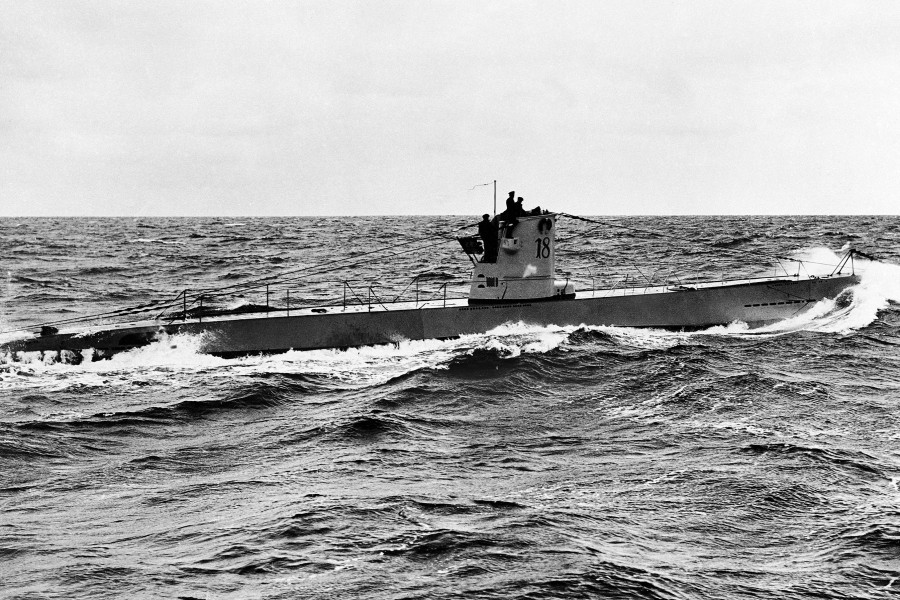
U 18, a type II B submarine, is heading towards the sea, 1937
After Versailles
On 16th March 1935 Germany terminated the treaty of Versailles. A part of this treaty was the prohibition of developing own submarines, which was a hit in the nerve since the german submarines were quite successful in WWI. The building of U 1 started already in 1934, but this violation of the treaty was not punished in any way. In June 1935 the english-german naval agreement was signed and only eleven days later, on 29th of June, U 1 was armed in Kiel, the later main base of the submarines. Versailles maybe prevented Germany from developing and building its own submarines, but german engineers were also designing submarines for other countries like Finland, the Netherlands and Turkey in the past 17 years. This means that the engineering was still quite modern. With the english-german naval agreement the Kriegsmarine was still limited in the quantity, but it was a start.
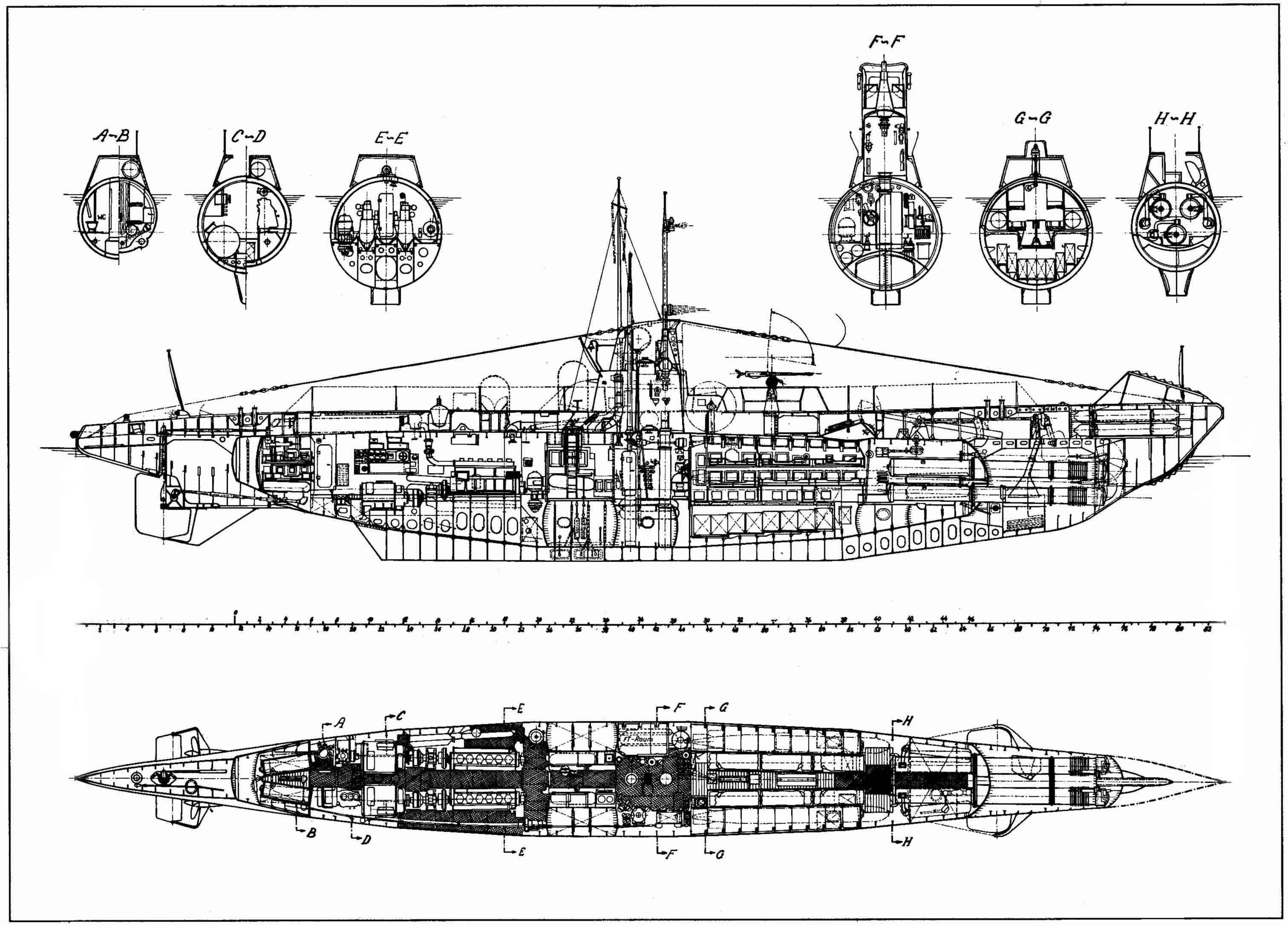
The type II plans. U 1 belonged to this
Start
The first problem was: who is going to be the commander of the submarines? You need a man with experience and strategic knowledge who is hard-working. Erich Raeder (1876-1960), the supreme commander of the Kriegsmarine, already had an idea: Karl Dönitz (1891-1980). Dönitz was an successful U-boat commander in WWI. Unfortunately, his submarine UB 68 was sunk in September 1918 and he was captured by british forces. He returned to Germany in 1919 and continued his career. He just came back from a long travel through Asia when he got promoted to the commander of the submarines. The second problem was the naval agreement between the UK and Germany. The goal was a big fleet with big submarines with a long range, but on the other side the tonnage was limited. Dönitz decided to build many U-boats who were small and for coastal operations. The type II was designed. For better understanding: the U-boats also had diffrent A's (Aufsführungen) who were also named A, B, C, etc. Dönitz also invented the "Rudeltaktik", the "wolf packs". This strategy was designed to attack convoys. It was simple: many submarines were patrolling in the same part of the ocean, but the distance between them was big enough to have a wide "screen" of submarines. One submarine detects a convoy and sets a signal for the others. They follow the convoy through the day and slowly surround it. The attack happens always at night, when dodging torpedoes was harder. With a submarine fleet like this, Dönitz wanted to cut off the supply lines of the enemy and to make him surrender as fast as possible. An ideal strategy to fight the UK - but thats a spoiler.
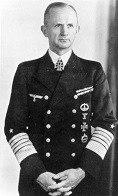
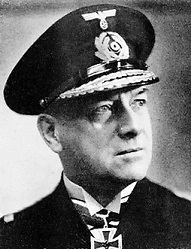
Karl Dönitz in 1943 Erich Raeder
The coming types
This was just a simple introduction. I am more likely to write about the types and their stories.
If you like this idea, I would write about the following types of german submarines:
- Type I
- Type II (for coastal operations)
- Type VII (the workhorse)
- Type IX (most successful)
- Type XB
- Type XIV (the "milk cow")
- Type XXI (the first modern submarine)
- Type XXIII
- mini subs
- captured submarines (from France, Norway, Netherlands and more)
Thank you for reading this far. As said this is a test. Waiting for your reactions
 .
.







 . I think the most ones were put out of service in the late 90's and only like 6 were build (don't remember exactly).
. I think the most ones were put out of service in the late 90's and only like 6 were build (don't remember exactly).

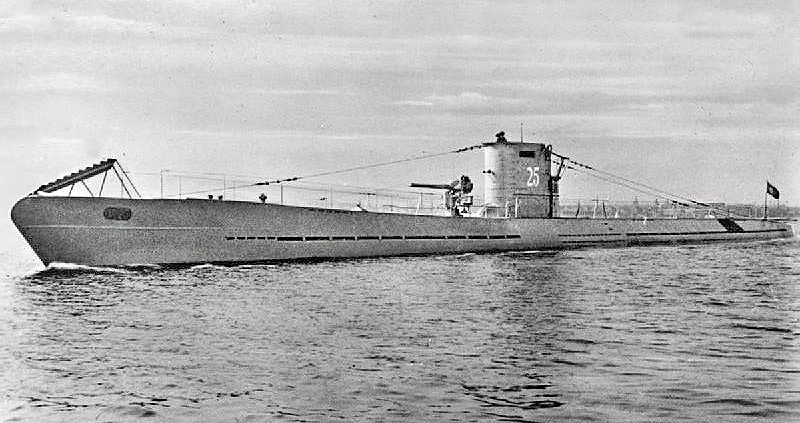



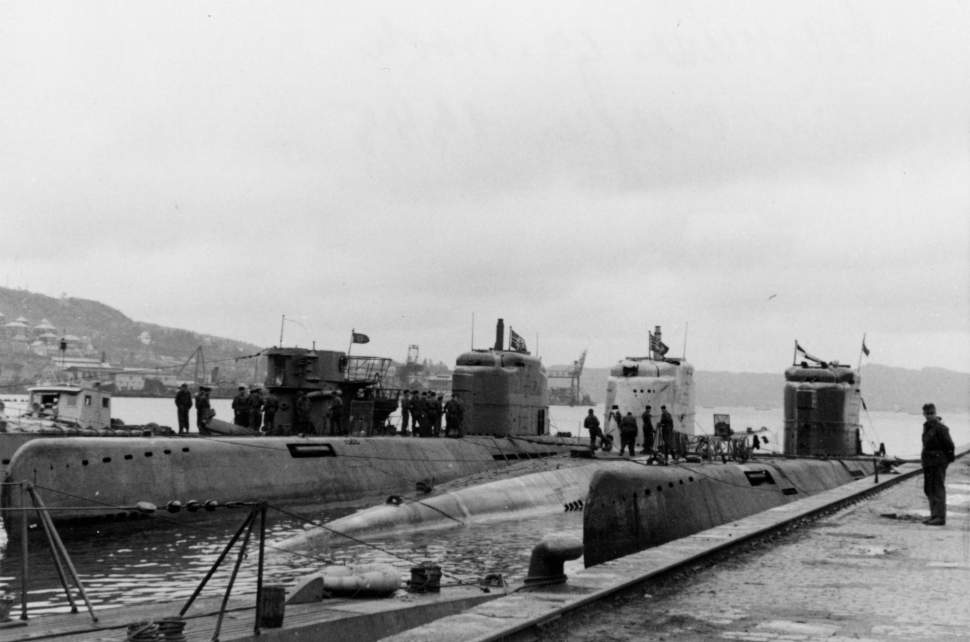
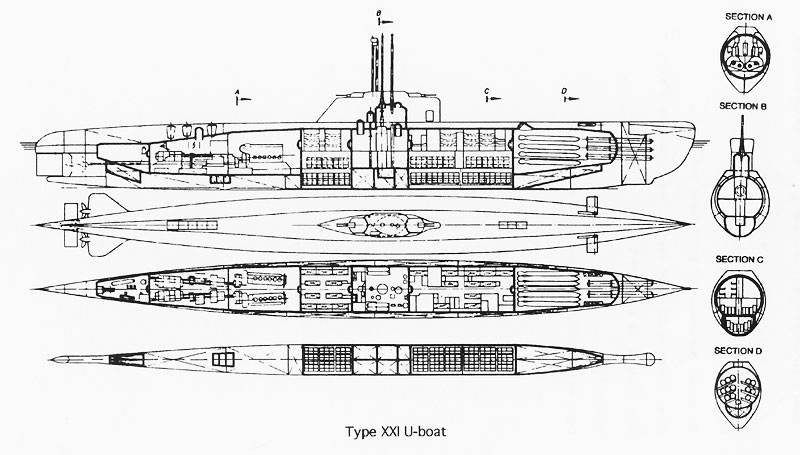
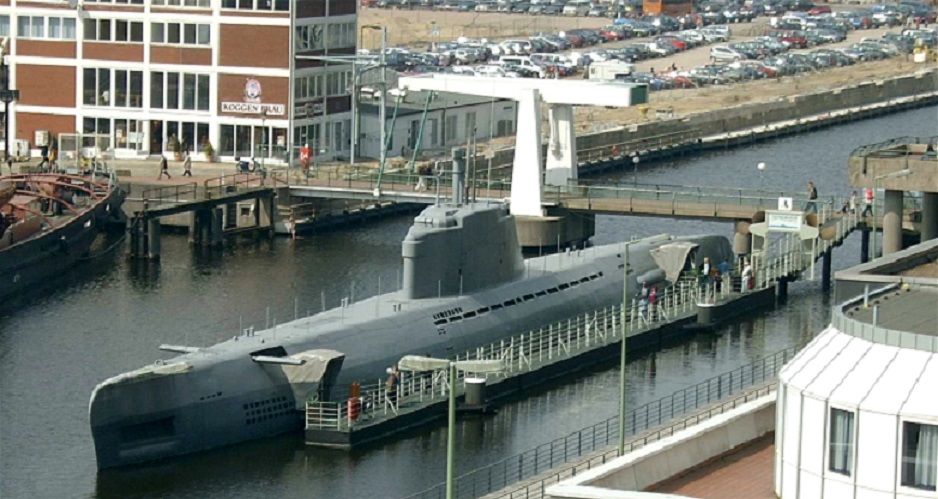
















 cblanco ★
cblanco ★  보드카 중대
보드카 중대  VonManteuffel
VonManteuffel  Heartless Jäger
Heartless Jäger 